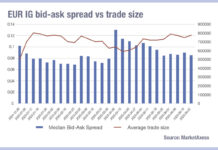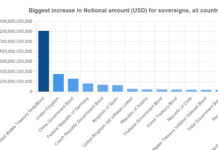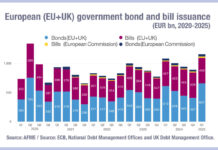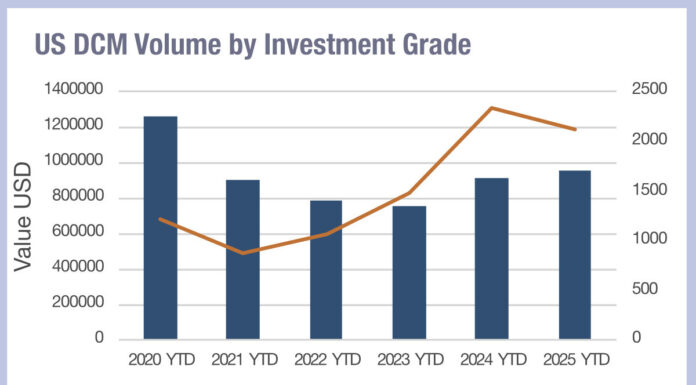UPDATE:

Further to our post of 23rd October, 2017, Mosaic Smart Data announced today that JP Morgan has added Mosaic Smart Data to its strategic investments portfolio, and taken a minority stake in the company.
According to Mosaic’s CEO, Matthew Hodgson, Mosaic will use the investment to continue expanding the range of asset classes its platform supports. The platform provides sophisticated visualization of market activity in real-time.
October 23, 2017
By Flora McFarlane.
In a move to increase the efficiency and efficiency across its FICC sales and trading division, JP Morgan has contracted Mosaic Smart Data’s MSX platform to optimise its fixed income offering.
JP Morgan, which saw a 27% year-on-year drop in Q3 fixed income revenues in 2017, will use the real-time data analytics platform to harness the increasing volume of trade data that it has at its disposal.
The platform uses historical, real-time and predictive analytics algorithms to provide all divisions of fixed income with tools to tailor services directly for clients. It is designed to enable users to visualise and anticipate market and client activity, as well as reducing the costs and complexities of compliance.
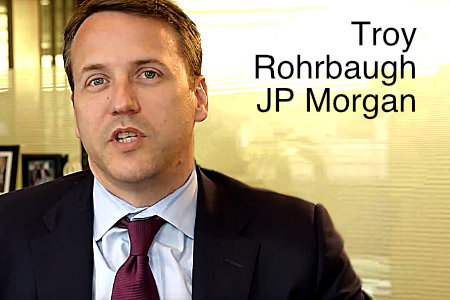 Troy Rohrbaugh, global head of macro at JP Morgan, said, “Having a more holistic view of trading data will improve service delivery for clients. The Mosaic platform integrates securely with our existing technology infrastructure, and enables our teams to quickly make better informed decisions.”
Troy Rohrbaugh, global head of macro at JP Morgan, said, “Having a more holistic view of trading data will improve service delivery for clients. The Mosaic platform integrates securely with our existing technology infrastructure, and enables our teams to quickly make better informed decisions.”
Mosaic Smart Data is the first fintech company pass out of the bank’s ‘In-Residence’ program, which works with technology start-ups to address challenges across the financial services.
With electronification of trading on the rise, and developments such as algorithms increasing efficiency and cost-saving, the amount of data to be found in fixed income is rising and the opportunities to be found in technology are considerable.
A recent Greenwich Associates report on technology in fixed income showed the importance of investment in technology, and in 2016, global spending on financial market information and analysis topped USD 27 billion for the first time.
Research showed that the collective market share for banks outside the ‘top 10’ dealers has grown by nearly 10% since 2012, which Greenwich attributed to technology investment, and as more data floods onto workflows, firms will be looking for ways to harness the raw material to work it to their advantage.
Access to data will only increase as MiFID II regulations come into play, increasing pre- and post-trade reporting and the obligations for best execution. With the impetus to boost profitability in a challenging environment with high fixed costs and regulatory and capital requirements, banks are looking to added value with the increasing amount of data.
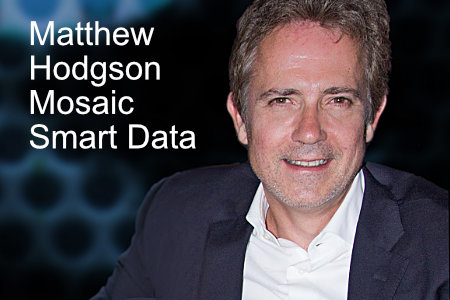 “Data analytics and artificial intelligence are changing the face of investment banking. Banks understand that the insights locked away in their transaction and market data are potentially some of their biggest competitive advantages,” said Matthew Hodgson, CEO and founder of Mosaic Smart Data.
“Data analytics and artificial intelligence are changing the face of investment banking. Banks understand that the insights locked away in their transaction and market data are potentially some of their biggest competitive advantages,” said Matthew Hodgson, CEO and founder of Mosaic Smart Data.
©TheDESK 2017
©Markets Media Europe 2025

